
Recommended tools for Data Management in Research Projects
4 December 2024, 09:00 -13:00 Book here
Learn about data collection and management best practices in research and why REDCap is better that MS Excel or Qualtrics for almost every type of data collection, either through online surveys or direct entry into a database.
Our REDCap expert (Will Crocombe) will show you why this tool has been used in 2.2 million research projects worldwide to date, and with no prior knowledge, you will learn to use REDCap and be ready to use it in your next investigation at the end of this course.
Attendees on the basic course will learn:
What is REDCap and why is it important?
- What can REDCap do and who uses it. Data management expectations, data integrity and quality, safety and security.
Data collection forms and data entry – the basics
- Understand basics of field types and form design, build a simple study and add some data. Review form status and dashboard.
Improving usability
- Data range checks, action tags, field skipping, option lists, calculated fields.
- Use of Data Quality Rules, inbuilt and custom, calculations.
Data import and export
- Data export options and format. Import features and use as data editor.
- Data Dictionary and metadata.
So why use REDCap?
REDCap (Research Electronic Data Capture) is a secure, web-based software platform designed for building and managing online surveys and databases. Originally developed at Vanderbilt University, it has become widely used all over the world in academic, non-profit, and government institutions, particularly for research and clinical data management.
REDCap is considered better than Microsoft Excel for data collection and management because it is more secure, offers better data quality, and is easier to use.
Qualtrics and REDCap are both easy to use, but REDCap is more customisable and supports data entry workflows, including multiple user roles and permissions, which are particularly useful in collaborative research teams. Additionally, REDCap supports audit trails for data entries and changes, critical for research reproducibility. Qualtrics can be expensive, especially to access advanced features, while all features in REDCap are free.
For further information on this event please contact RKEDF@bournemouth.ac.uk
Book here
REDCap Key Features:
- Data Collection: REDCap allows users to easily create and manage data collection forms, which can be used for various purposes like surveys, longitudinal studies, or clinical trials.
- User-Friendly Interface: It provides an intuitive, web-based interface for project setup and data entry, allowing non-technical users to create complex projects without needing programming skills.
- Easy to Design Forms: REDCap provides a user-friendly interface for creating and designing online surveys and databases without needing advanced programming skills.
- Drag-and-Drop Interface: Allows for easy form building and question arrangement.
- Secure and Compliant: REDCap supports HIPAA compliance and other data security standards as GDPR and FISMA, making it suitable for handling sensitive or protected health information (PHI).
- Customisability: Users can customize forms, surveys, and workflows to suit their project needs, and it supports branching logic, validation, and automated alerts.
- Flexible Form Design: You can create complex branching logic, calculated fields, and use piping to personalize questions.
- Autonomy for Researchers: Users can independently design and manage their projects without needing IT support.
- Collaboration: It enables collaboration across institutions, allowing multiple users with different permission levels to work on the same project.
- Longitudinal Data Collection: It supports collecting data over time from the same participants, which is important for research projects that involve repeated measurements.
- Shared Library: REDCap’s Shared Library allows users to browse and search for data entry forms that other users have uploaded.
- Data Export: Data collected in REDCap can be exported to various statistical software formats (e.g., SPSS, SAS, Stata, R) for analysis

 This year, thanks to your valuable contributions, we appear to have successfully captured an increased number of events in comparison to previous years.
This year, thanks to your valuable contributions, we appear to have successfully captured an increased number of events in comparison to previous years.


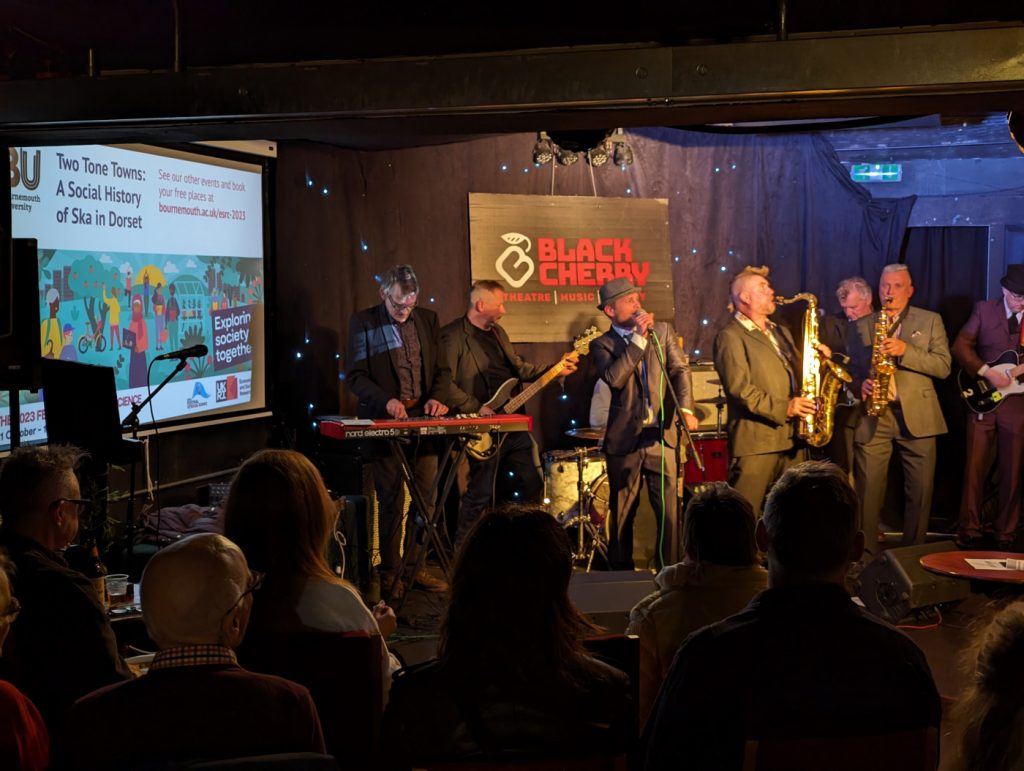
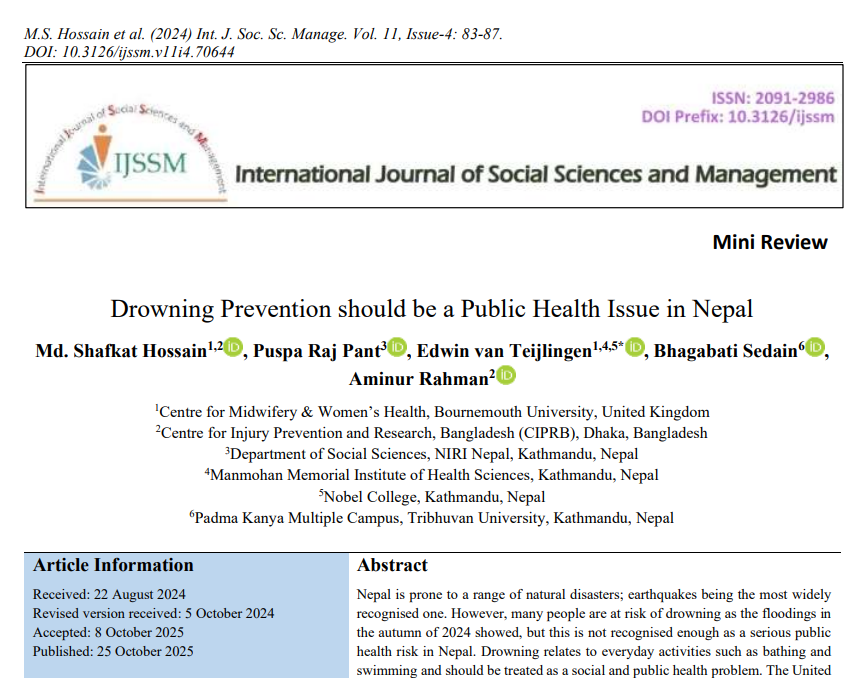
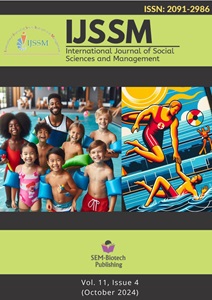


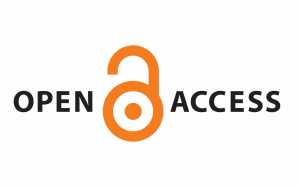
 Do you need to know about the Research & Enterprise Database? Book now for 13 November!
Do you need to know about the Research & Enterprise Database? Book now for 13 November!

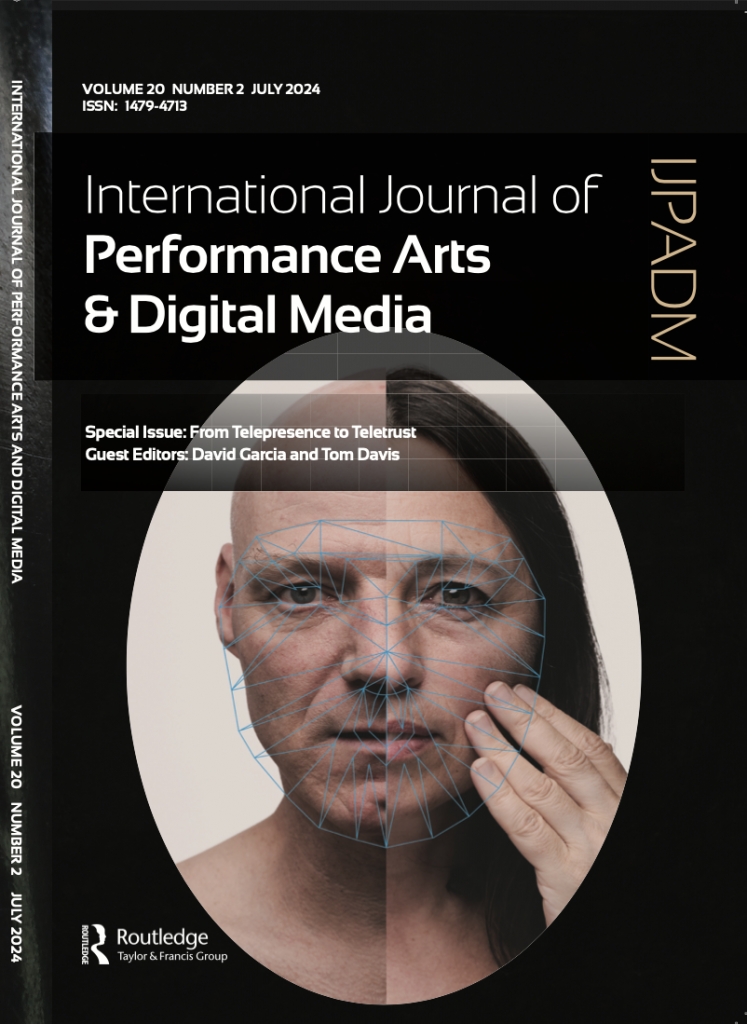
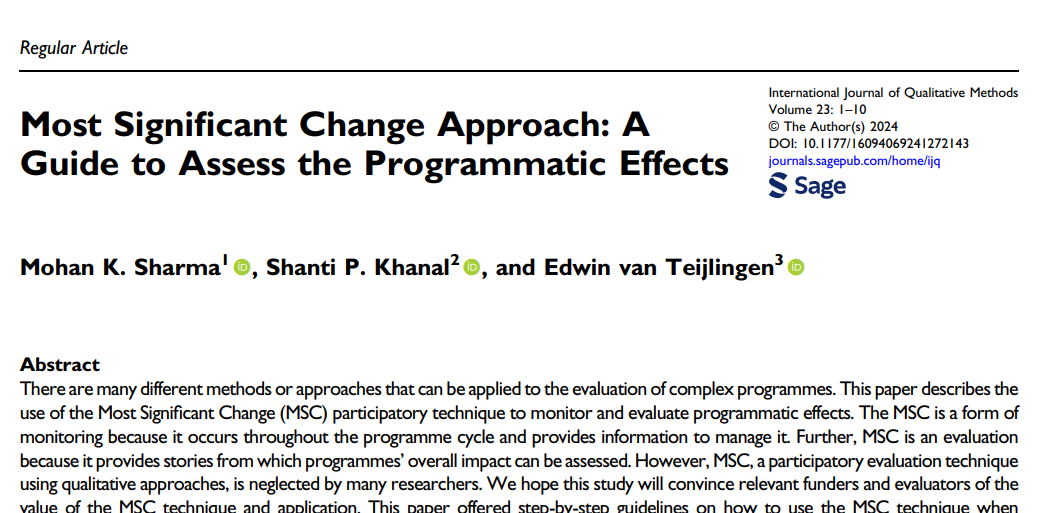
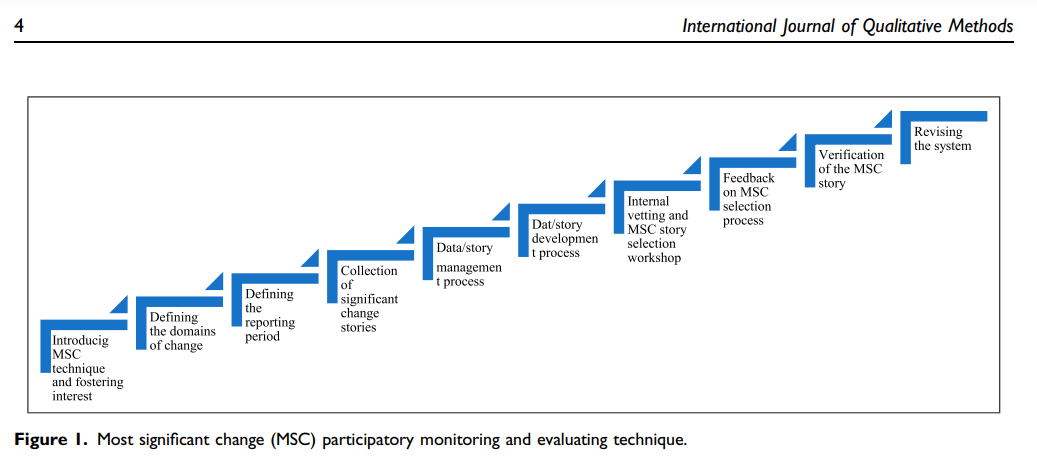


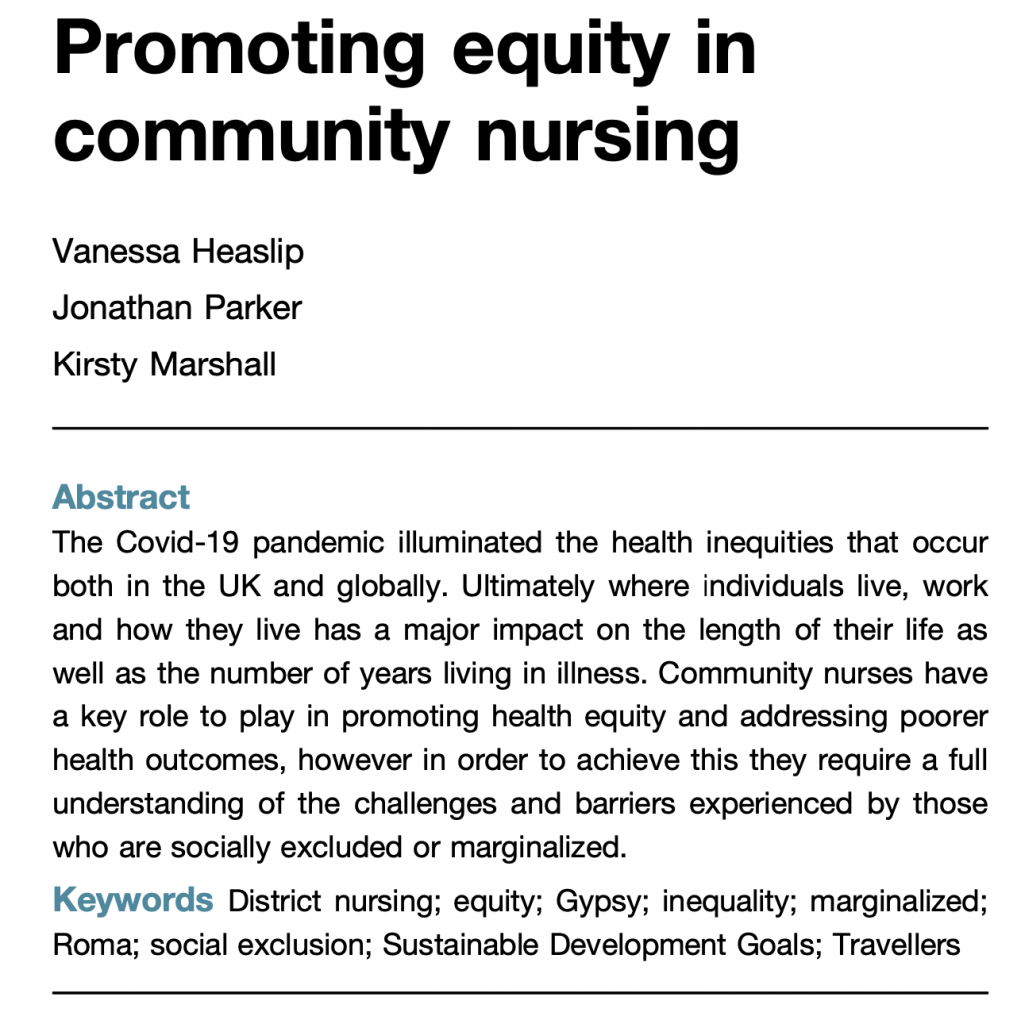
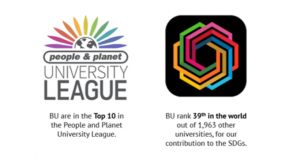
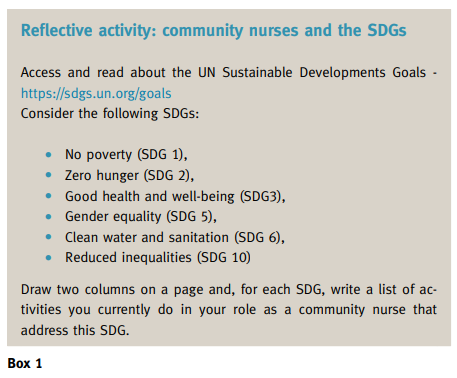
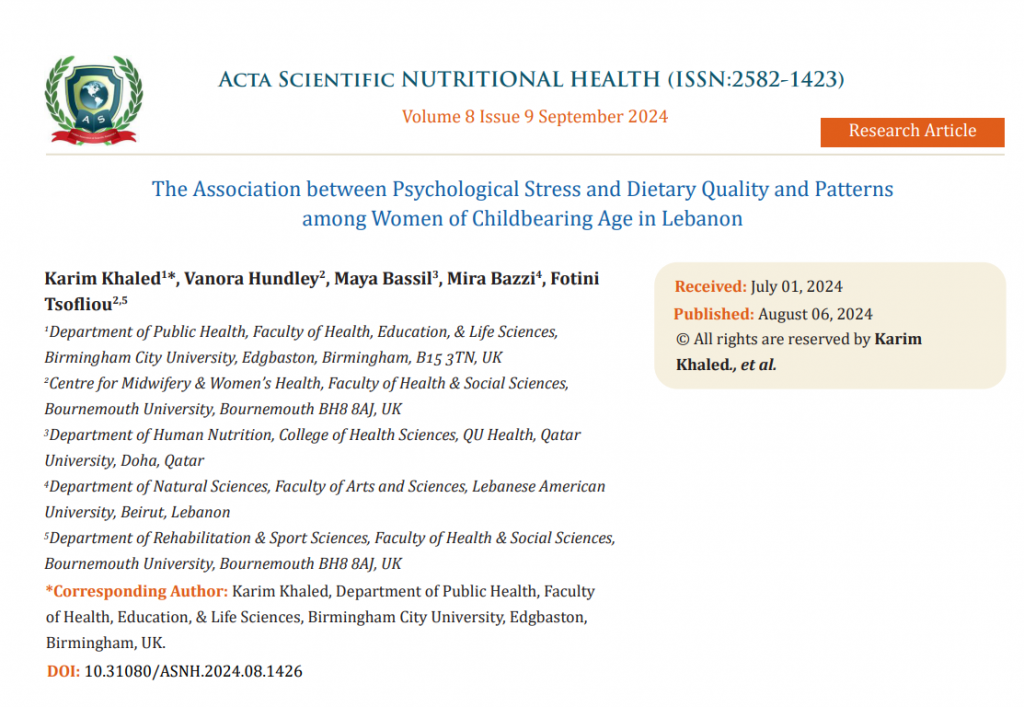
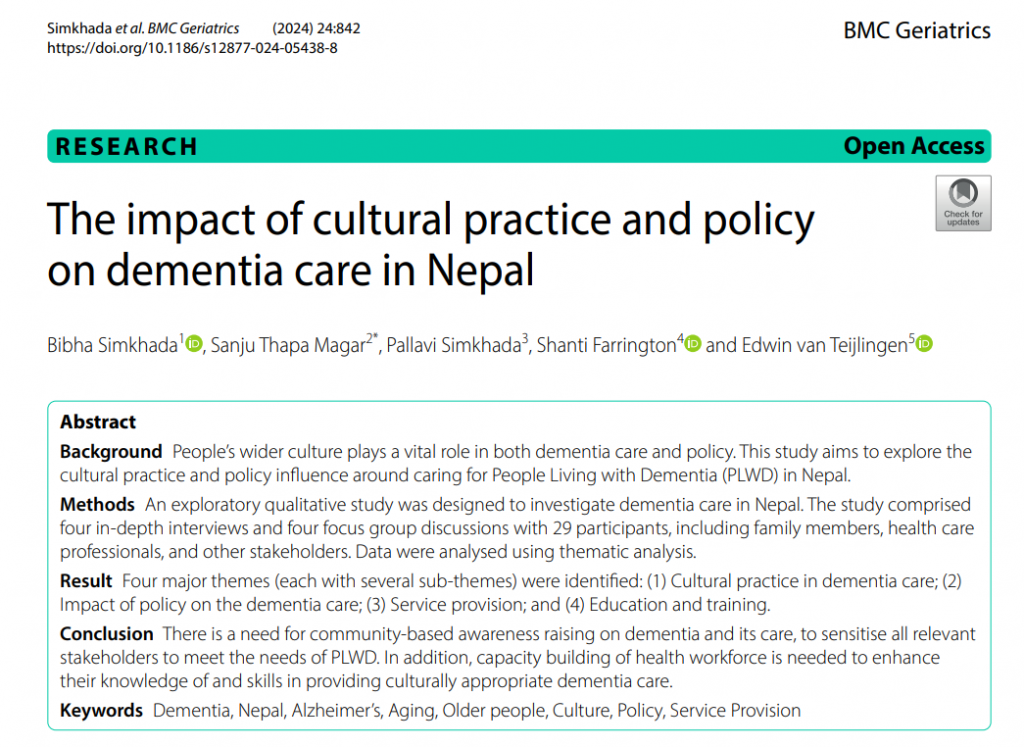

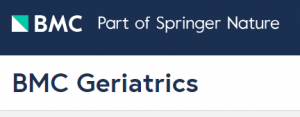











 Beyond Academia: Exploring Career Options for Early Career Researchers – Online Workshop
Beyond Academia: Exploring Career Options for Early Career Researchers – Online Workshop UKCGE Recognised Research Supervision Programme: Deadline Approaching
UKCGE Recognised Research Supervision Programme: Deadline Approaching SPROUT: From Sustainable Research to Sustainable Research Lives
SPROUT: From Sustainable Research to Sustainable Research Lives BRIAN upgrade and new look
BRIAN upgrade and new look Seeing the fruits of your labour in Bangladesh
Seeing the fruits of your labour in Bangladesh ECR Funding Open Call: Research Culture & Community Grant – Apply now
ECR Funding Open Call: Research Culture & Community Grant – Apply now ECR Funding Open Call: Research Culture & Community Grant – Application Deadline Friday 12 December
ECR Funding Open Call: Research Culture & Community Grant – Application Deadline Friday 12 December MSCA Postdoctoral Fellowships 2025 Call
MSCA Postdoctoral Fellowships 2025 Call ERC Advanced Grant 2025 Webinar
ERC Advanced Grant 2025 Webinar Update on UKRO services
Update on UKRO services European research project exploring use of ‘virtual twins’ to better manage metabolic associated fatty liver disease
European research project exploring use of ‘virtual twins’ to better manage metabolic associated fatty liver disease